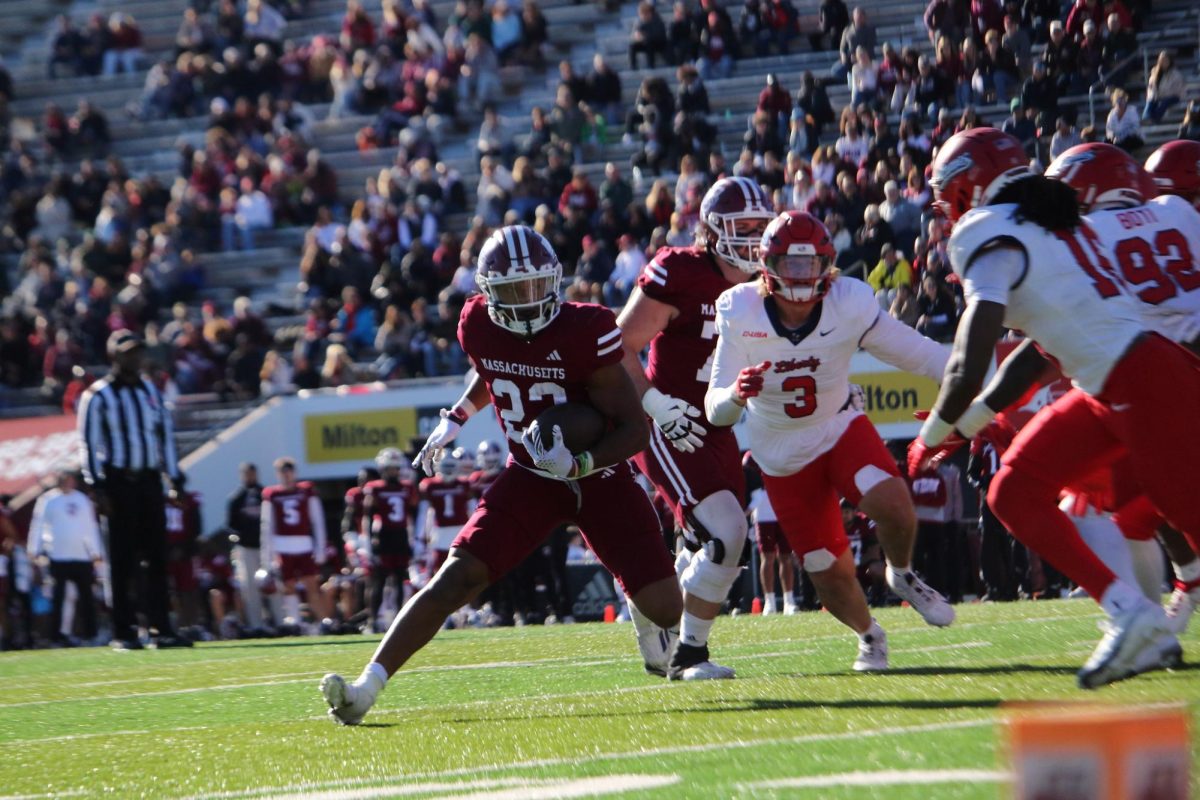MARIAH CAREY
Glitter
Virgin
Since she first burst on the scene in 1990, Mariah Carey has received a wealth of success in the mainstream pop world. Carey firmly stands as the biggest selling female recording artist of the 90’s – moving over 150 million albums and singles worldwide. Her career has so far been propelled by the resilient force of her fan base which has helped Carey boast 15 no. 1 singles, more than any female artist ever, and more no. 1 singles than any contemporary recording artist today – only the Beatles (20) and Elvis Presley (18) have more.
But, at the same token, no other artist has had as many pop singles reach the top of the Billboard chart centered on pop fluff. Nearly all of her singles have had a diminishing presence on radio and the pop world in general.
Despite her massive success in the music world, is there much more that can be said about an artist whose contribution to pop-culture has spread as far as popularizing waistless jeans?
In all fairness, Carey has made contributions (although minimal) to the music landscape. Throughout the early ’90s Carey produced one hit song after another mainly in the pop and R’B vein. But in 1995, as the hip-hop revolution was overtaking MTV, she incorporated the style into her own music. Her first collaboration with the Wu-Tang Clan’s Old Dirty Bastard not only marked a change in Carey’s musical direction but also a milestone in hip-hop and pop.
But instead of raising the bar and delving into a new art form, Carey continues to play it safe and rides the same wave of urban-oriented songs. It was fun in the mid-90s, but now it sounds like played-out rubbish. By doing this, she treats her own self as a washed up has-been who has little to no bearing in the pop world.
Released in conjunction with her 80s-reminiscent motion picture debut of the same name, Glitter (also doubling as a solo album) features 12 newly recorded tracks and a plethora of contribution with such well-known producers as Jimmy Jam ‘ Terry Lewis, DJ Clark, DJ Clue, Damizza as well as vocal contributors.
The album begins and ends with the dreadful “Loverboy.” Even the remix version featuring Da Brat, Ludacris, Twenty II, and Shawna can’t save this pitiful song. Overemoted ballads are abundant. “Lead the Way” and the just-released “Never Too Far” exemplify Carey’s multi-octave vocals but meander in nothingness land.
“If We” exemplifies what’s wrong with Carey’s current obsession of melding hip-hop with her powerful vocals. On such tracks, she’s reduced to cooing maniacally in the background while rappers like Ja Rule and Mystikal control nearly the entire song. Carey’s position has little to no coherency on these tracks.
Carey sounds most at ease on “All My Life” as she laughs in the middle of the drum ‘n’ bass-driven single, a decent collaboration with Rick James. But it’s on tracks like “I Didn’t Mean to Turn You On” and “Last Night a DJ Saved My Life” that Glitter truly sparkles (funny how both are remakes). On the latter, Carey enlists Busta Rhymes and Fabolous who cut up on the mike, as the diva comes in to deliver the payoff line, “There’s not a problem that I can’t fix/ Cause I can do it in the mix.”
Hints of what caused Carey’s emotional and physical exhaustion are far and few between on Glitter. A source of controversy since her entrance into a rehab center is Sony president and ex-hubby Tommy Mottola, whom she believes is preventing her from having any future success. “Don’t you even care/ Just the slightest bit for me” the songbird chirps on “Reflections (Care Enough).”
Other clues are just as sketchy. “Feelin’ kinda fragile and I’ve got a lot to handle/ But I guess this is my way of saying goodbye,” Carey exhales on “Twister.” Even though the tune can be directly applied to Carey’s current situation, her handlers maintain the song was written about the recent suicide of her stylist.
You would think that after her new record label forked over $23.5 million Carey would be able to produce an artistically mature album. Instead, we’re subjected to the same emptiness of all her previous material.
Carey must immediately begin to assess her career. She received sympathy from the public after admitting herself in a rehab center for “extreme exhaustion.” Her relapse, however, drew jeers and has continued to question her relevance to the entertainment world. Glitter bowed at a disappointing no. 7 on the Billboard Album chart. And the reaction to Glitter, the movie, was embarrassing entering at no. 11 raking in a paltry $2.5 million.
Carey should stick to a singer/songwriter career. Most people automatically associate her as a singer. Audiences can barely stomach her incessant giggles and non-stop gibberish in interviews let alone on the big screen. Carey also needs to transcend the hip-hop influence she popularized and move on. It’s the highly stylized dramatic pop ballads, along with her knock ’em out vocals, where she truly shines. Simply put, Glitter isn’t gold.






